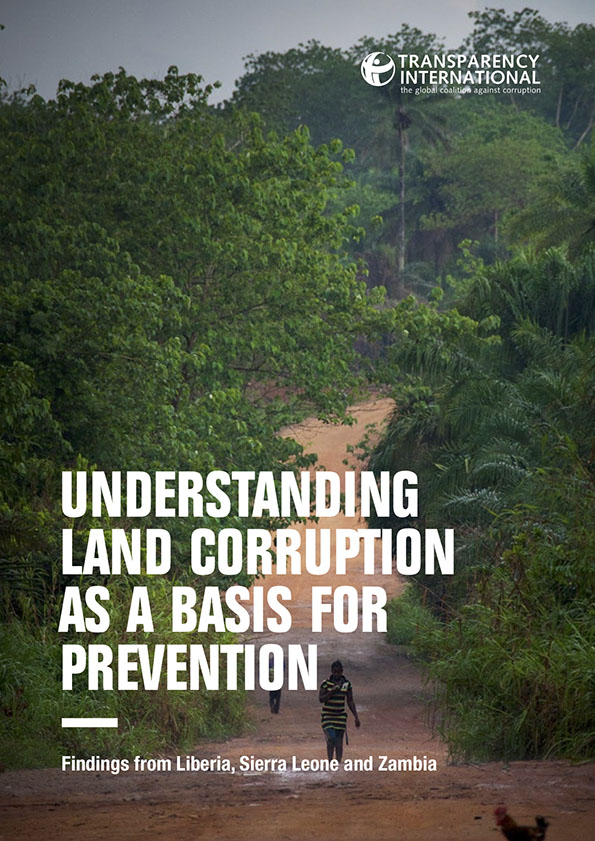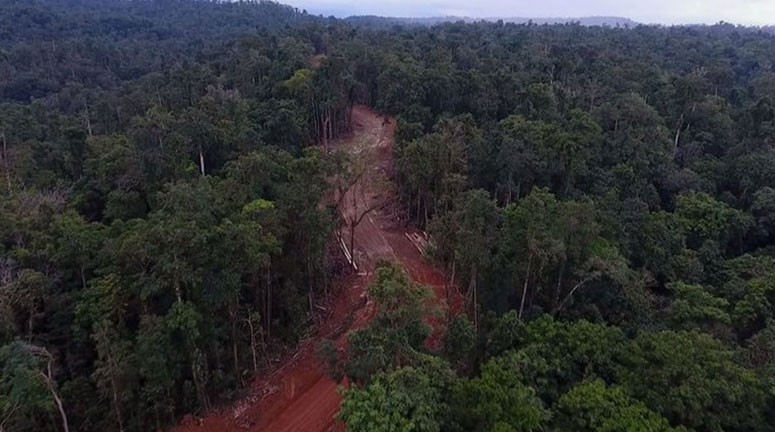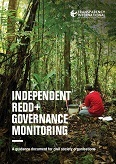Location
About
One global movement sharing one vision: a world in which government, business, civil society and the daily lives of people are free of corruption.
In 1993, a few individuals decided to take a stance against corruption and created Transparency International. Now present in more than 100 countries, the movement works relentlessly to stir the world’s collective conscience and bring about change. Much remains to be done to stop corruption, but much has also been achieved, including:
- the creation of international anti-corruption conventions
- the prosecution of corrupt leaders and seizures of their illicitly gained riches
- national elections won and lost on tackling corruption
- companies held accountable for their behaviour both at home and abroad
Mission
Our Mission is to stop corruption and promote transparency, accountability and integrity at all levels and across all sectors of society.
Vision
Our Vision is a world in which government, politics, business, civil society and the daily lives of people are free of corruption.
Values
- Transparency
- Accountability
- Integrity
- Solidarity
- Courage
- Justice
- Democracy
Programmes
For specific information about TI's work on land corruption, see here.
Resources
Displaying 11 - 15 of 46Understanding Land Corruption as a Basis for Prevention
From forced eviction to loss of livelihood, social status, savings and even life, land corruption in Africa has serious and far-reaching consequences. Such corruption comes in many forms, and it must be understood – along with the factors that enable it – before it can be tackled.
What is Land Corruption?
For people around the world, land is more than a commodity to be bought and sold, de
Case 2.1 – Special Agricultural Business Lease (SABL)
On July 21, 2011 the then Acting Prime Minister Sam Abal announced the establishment of a Commission of Inquiry to investigate 77 land leases which were issued under the Somare government’s Special Agriculture & Business Leases (SABL). The inquiry, which was later extended by Prime Minister Peter O’Neill in October 2011 for a further five months, discovered that over 90 percent of the leases totalling over 5 million hectares were illegally obtained from traditional landowners (Zealand, 2015).
GENDERED LAND CORRUPTION AND THE SUSTAINABLE DEVELOPMENT GOALS
Transparency International’s experience shows clear links between the issues of land governance, women’s rights, corruption and the United Nations’ Sustainable Development Goals (SDGs). These links are especially prevalent in lower-income countries, where people’s reliance on their land is greatest, and land governance and women’s rights are often weak – as highlighted in our 2018 resource book Women, Land and Corruption.
Independent Redd+ Governance Monitoring: A Guidance Document For Civil Society Organisations
This guidance document is an overview of key steps and considerations for the design and implementation of effective independent REDD+ governance monitoring systems. It draws on a growing body of experiences and case studies undertaken by CSOs within and outside the Transparency International movement, and across different tropical forest countries.







